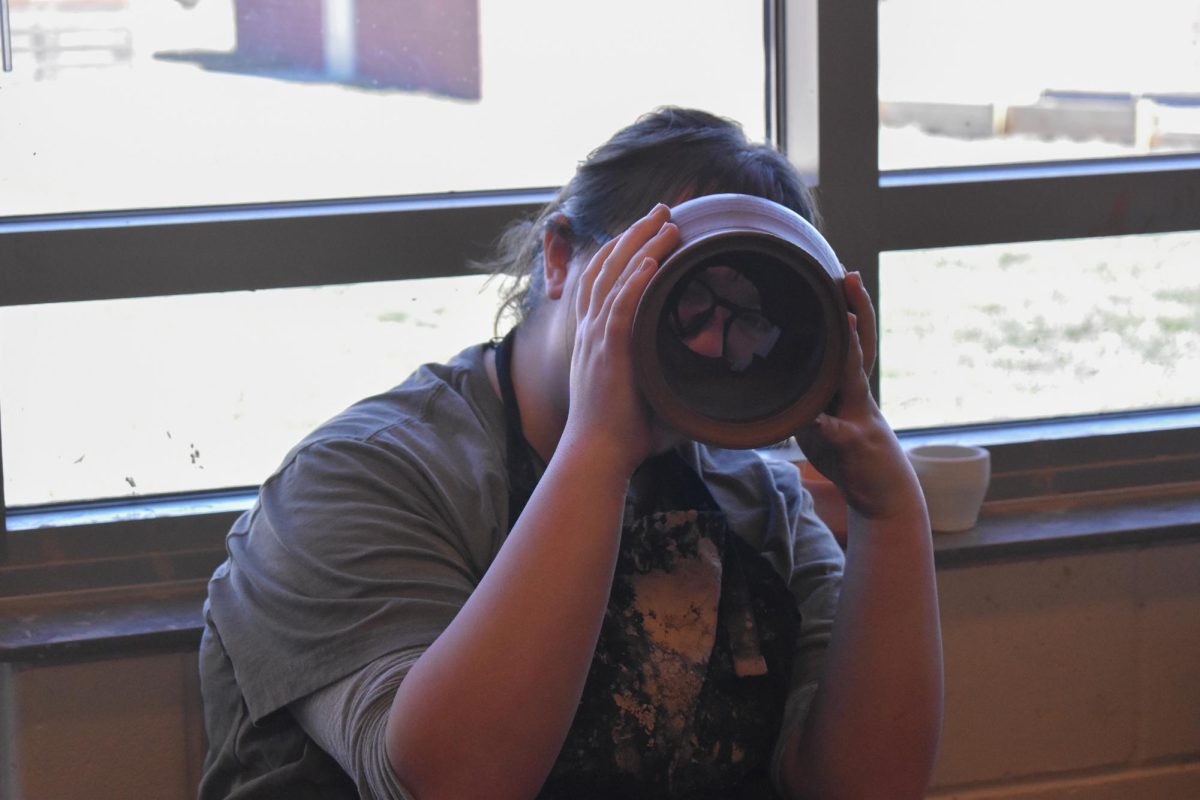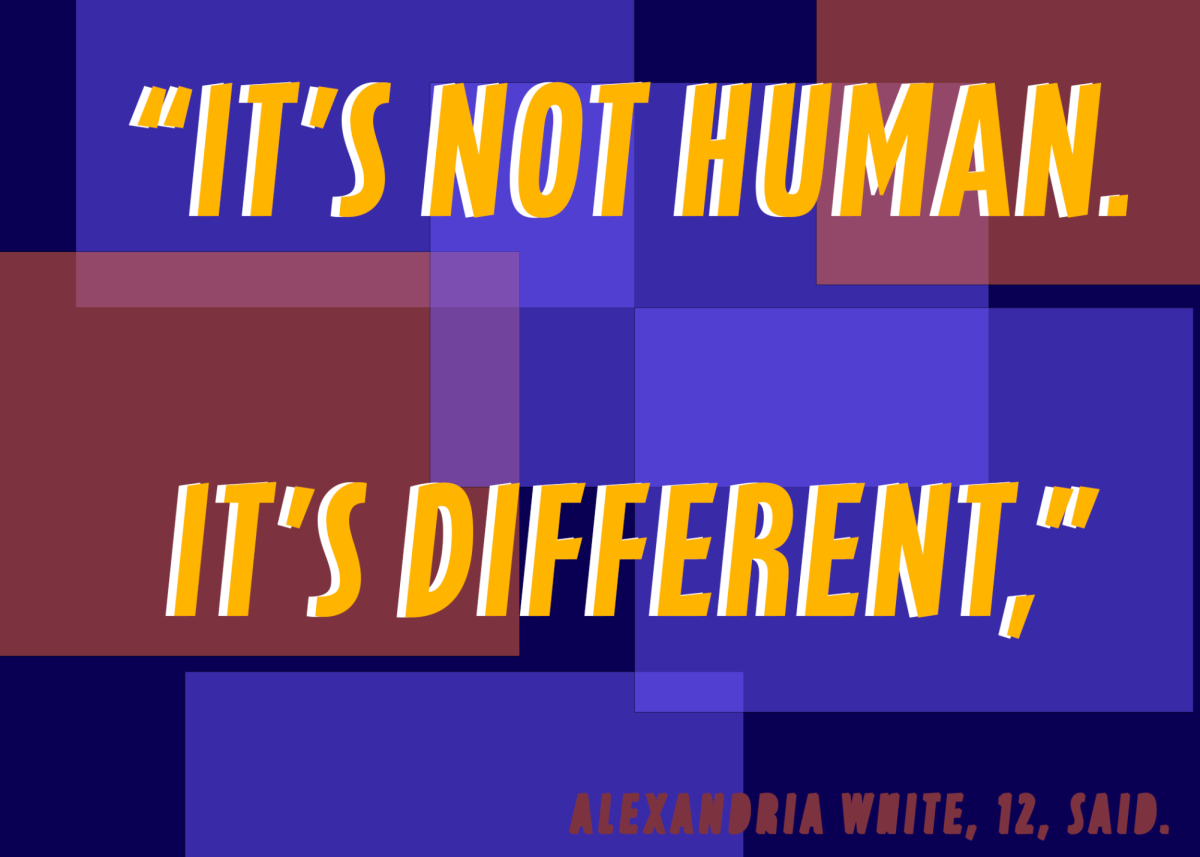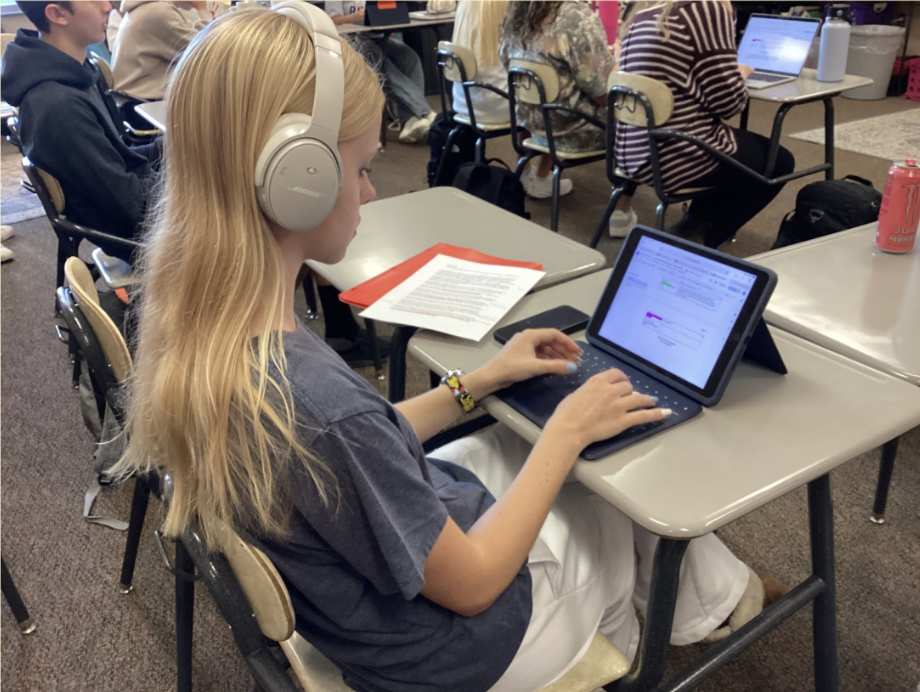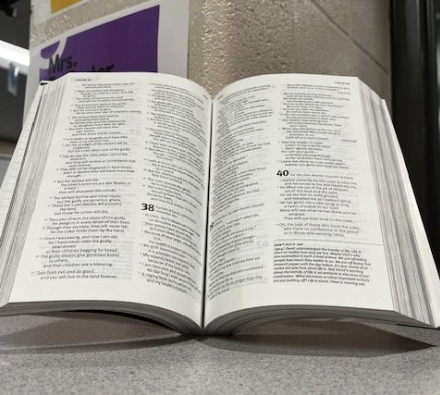‘Just five more minutes. Then you can go home.’
‘I can’t wait to see my friends at lunch today!’
‘I wonder what that person is thinking about…’
Every day, I say these things to myself. As I watch the clock numbers turn to 3:15, I prepare for everything going on in my day. Weather is 6 a.m. and I am talking myself through my day and mapping out the order in which I will complete my morning tasks, or 3:14 and I am recalling where I parked and determining the best route to take to my next destination, I am always thinking, oftentimes a million miles a minute.
For me, I always thought there was no real ‘voice’ I was hearing, but as I considered SPUB’s inner voice experiences, I challenged myself to hear the voice that is putting my thoughts together. I concluded that though I have a ‘voice’ processing my thoughts, it is not an audible voice. This also brought to my attention how sometimes my inner voice is more prominent than other times. I find when I am stressed or overwhelmed, my ‘voice’ becomes more present and even when I try to get out of my own head I cannot. My experience has been similar to Paityn Creach, 10, whose voice is also prominent during times of stress.
“I like to hear my little voice. It mainly just makes me feel like I’m still alive, I’m still breathing, and that I’m okay. I’ve had so many mental breakdowns where my little voice told myself, ‘You’re okay! You’re amazing!’” Creach exclaimed.
Some students explained that they don’t think they have an inner voice at all. The topic even seemed touchy for some students as they seemed to think having an inner voice would cause people would judge them. With an overwhelming consensus that most people do have an inner voice that they are aware of, I don’t think it’s something that people need to be embarrassed about. There is a difference between hearing your own inner voice and hearing other voices that may indicate some mental health issues.
Overall, inner voices are important in understanding yourself and how you feel about situations. It is the control center for everything you do. Often, it becomes a way for students to be their own friend and support system when it feels like no one else is.
“I think it would be incredibly lonely without my inner voice,” Ava Rushing, 12, said.
It also determines reactions, thoughts, and, overall, how others view the world. It can seed negative thoughts about self worth, but when used for good, it truly is beneficial.
“My little voice reminds of how gorgeous life is, playing that music that constantly lives ‘rent free’ in my head, keeping me going throughout the day,” Hadley Booze, 11, explained.
Inner voices add a spark of freedom in the minds of students. When they can’t speak their thoughts or express how they truly feel, their inner voice is there to help them process their emotions and find peace in their hectic world. Whether they use it to filter what they should say and keep in their head, use it to support their talents, or even as a constant radio, students are constantly thinking, and this awareness allows them to grow in simple ways and push them through life every single day.



















